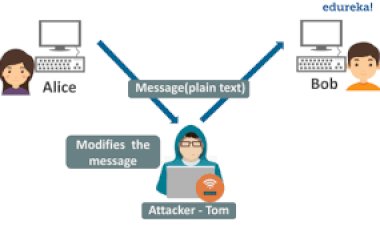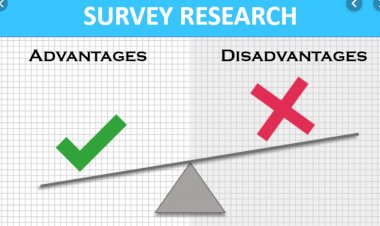Management Information System
This is a collection of software and hardware designed to help in operation of activities in an organization.

MANAGEMENT INFORMATION SYSTEM
This is a collection of software and hardware designed to help in operation of activities in an organization.
READ ALSO: Online Exam Android App with Admin Panel
Why MIS is needed
- MIS ensures that communication is enhanced in an organization
Systems that aid in communication such as emails and text messages have been implemented into devices to ensure proper communication.
- Keeps record
These systems are designed in a way that they store data of all transactions that happen in a database and can therefore serve as a reference point.
- Aid in decision making.
These systems are designed in a way that they have a certain level of intelligence and hence effective to make decisions.
READ ALSO: Customer Relationship Management System
Components of Management Information System
- People
The Information System developed is used by people.
- Data
This is the information that the MIS system records.
- Software.
These are programs installed in systems such as computers to handle information.
- Hardware
These include devices such as printers, workstations and networking equipment.
- Business procedures.
It contains steps on how to store and handle data.
READ ALSO: Task Reminder app with Free Sourcecode
Types of Information Systems
- Transaction Processing Systems.(TPS)
This type of IS is used to record the daily operations or transactions of a business. Examples of transaction processing systems include Point of Sale system which shows the daily sales record, accounts payable and accounts receivable which record and store data about transactions.
- Management Information Systems. (MIS)
These systems are used to help tactic managers in organizations make semi-structured decisions. The input of this type of MIS is from the output of TPS.
- Decision Support System.(DSS).
These systems help managers at top organizational level to make decisions. Decisions made in this type of IS are unstructured. These type of decisions require judgement and evaluation in order to solve issues.
Anyone interested in #management information systems or #MIS Please follow or visit our blog at http://t.co/OCq693Rc
— MIS Dojo (@MISDojo) November 7, 2012
What are the Roles of #Management #Information #Systems #MIS ?https://t.co/9Tf4GtCddS
— Sunil (@sunildigital2) December 29, 2018
The #security and #confidentiality of our #clients #information is #top priority for us. Across all #service #delivery #channels, we have deployed very #credible #management #information #systems #mis to help us ensure our #familyplanning services are well documented and reported pic.twitter.com/pgNWrTxC9s
— Marie Stopes Nigeria ???????? (@MarieStopesNG) May 22, 2018
➡️Track 2: #InformationSystems #Methodologies and #Education⬅️ Challenges and opportunities faced by various stakeholders in the development of IS and in the education of IS professionals???????????????????????????????? Complete list of topics: https://t.co/c1Va3dNg4E pic.twitter.com/XvGGahwHEE
— ISD Conference (@isdconf) January 9, 2020
Happy new year everybody! ????
— DigiHype Media Inc. | Marketing Agency ???????? (@Digihypemedia) January 8, 2020
2020 is going to be a big year of helping businesses get noticed online!
#marketingagency #marketingdigital #marketingstrategy #marketingstrategies #marketingonline #digitalmarketingagency #digitalmarketingservices #digitalmarketingexpert #mis ... pic.twitter.com/l1IFZWmGfh
SUBSCRIBE TO OUR YOUTUBE CHANNEL BELOW TO WATCH MORE VIDEOS


























